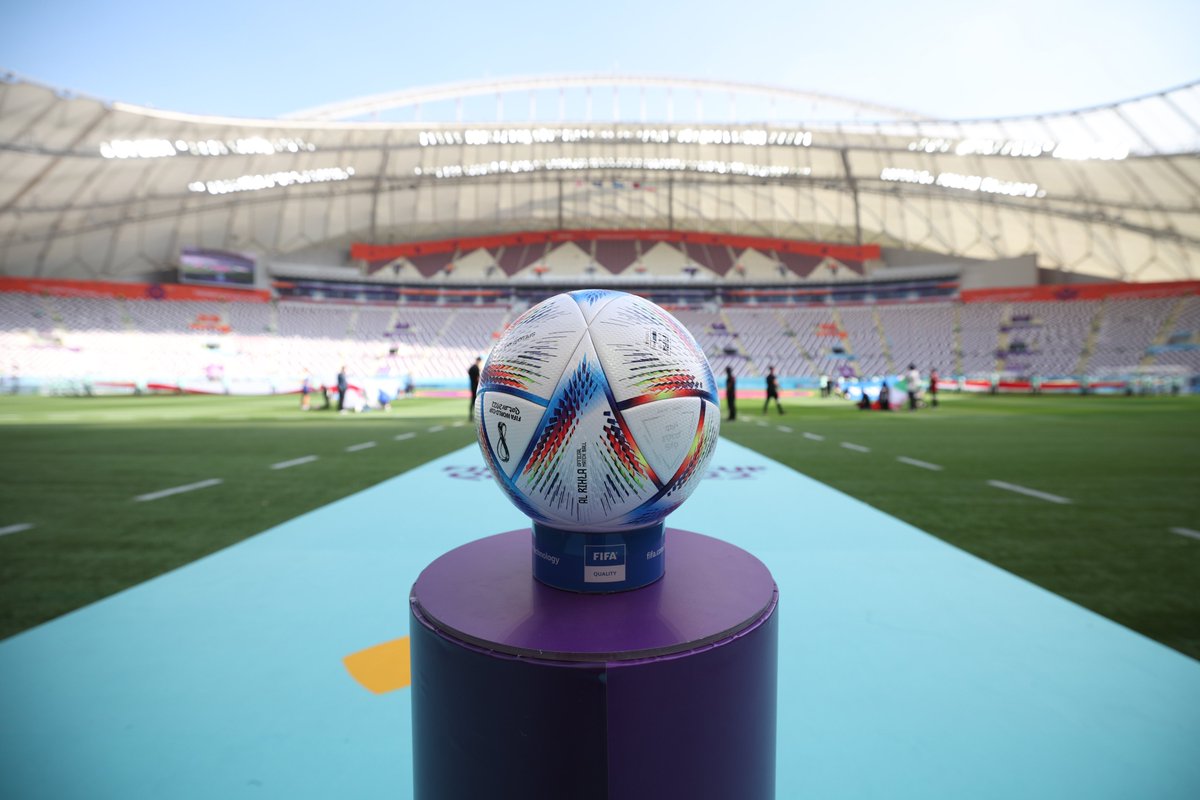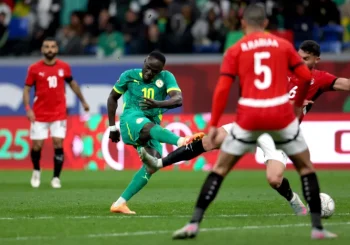A zoomed in photograph of the inscription on the 2022 FIFA World Cup’s official ball, Al Rihla (The Journey), has been circulating on Egyptian WhatsApp groups and Facebook comment sections: “Made in Egypt – Fabriqué en Egypte”.
But a search though the FIFA and Adidas websites yields little to no information on the place the ball was manufactured, and for a time, those who doubted the authenticity of the photograph – or at least sought official confirmation for it – were unsure what to make of the rumour.
Egypt produced the FIFA World Cup balls that will be used in Qatar. pic.twitter.com/yXIRl0ltfN
— Africa Facts Zone (@AfricaFactsZone) November 20, 2022
While Egyptians celebrated the contribution, social media users from Pakistan appeared to be celebrating too, claiming that the ball had been manufactured in Pakistan, thereby adding to the confusion of those seeking to fact-check. Was it made in Pakistan or was it made in Egypt?
The truth is: both.
The official 2022 World Cup ball, like 13 of its predecessors, was designed by the German athletic wear and gear company Adidas. But the actual manufacturing of it is in the charge of Forward, a Pakistan-based sports equipment manufacturer.
So, where does Egypt come in? The company Forward has an affiliate in Egypt, Forward Egypt, which has, indeed manufactured a portion of the balls that have gone to Qatar for the World Cup. Along with one further manufacturer, Forward Pakistan and Forward Egypt are responsible for the making of the balls officially used in the ongoing tournament.
Forward Egypt is the only manufacturer in the Middle East to be accredited by Adidas to manufacture the ball, and Egyptian Prime Minister Mostafa Madbouly praised the company as a starting point out of which can grow an Egyptian “integrated industrial city for sports products”.
Based on this information, it is more likely than not that the circulating photograph is authentic. Al Rihla, which is made primarily of water-based glues and colours, has been hailed by FIFA as the most environmentally-friendly ball yet, a feat both Egyptians and Pakistanis can wear with pride.







Comments (0)